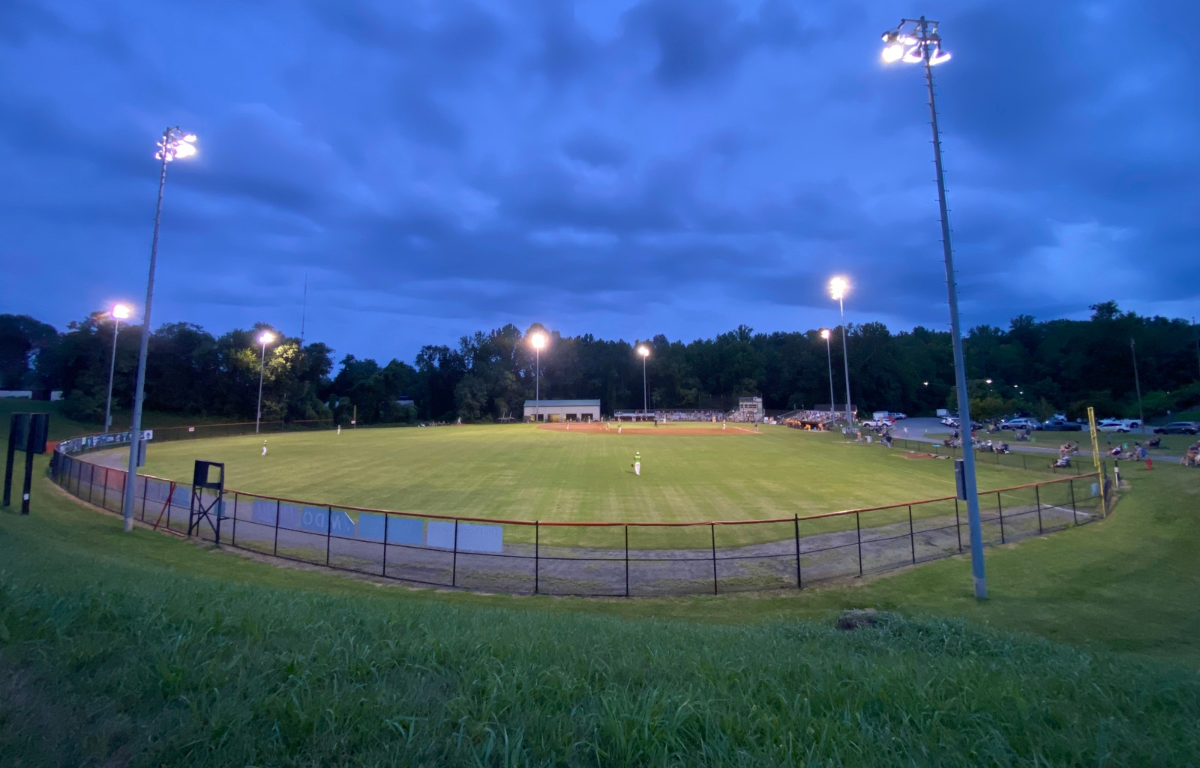CHARLOTTESVILLE, VA (CVILLE RIGHT NOW) With temperatures expected to reach 100 degrees on Tuesday, the Charlottesville Tom Sox postponed a second straight game due to the extreme heat.
The team’s Valley Baseball League contest against Staunton will be made up on June 30.
Charlottesville president and general manager Chesley Mullins said, even with all the proper precautions in place, sometimes it’s just not safe to play ball.
“We try to mitigate it as much as possible before we cancel,” Mullins told Cville Right Now on Tuesday. “But sometimes, when it’s too much, it’s too much and I’m not willing to risk it.”
Mullins said the team tracks data, including the Wet Bulb Globe Temperature index, used by the NCAA, to determine when it’s too hot for competition.
The organization also takes input from its training staff and considers the site of the game. For example, Mullins noted Monday night’s cancellation was at Culpeper, where the visiting dugout sits on the third-base side of the field with no shade for the first hours of games.
Mullins said keeping the college players who come to Charlottesville to play for the Tom Sox safe is her main focus.
“Their college coaches entrust them to us for the summer,” Mullins said. “Their health, safety and wellbeing is my No. 1 priority, more than playing baseball.”
Valley League commissioner R.W. Bowman Jr. said the league supported Charlottesville’s decision not to play Monday night.
“Any time a team has a safety concern, I think it’s incumbent on the league to honor that concern,” Bowman told Cville Right Now on Tuesday, before the second postponement was announced. “Since they didn’t feel comfortable sending their guys to Culpeper because of the heat, that’s their prerogative. Ultimately, the board of directors for the local teams are responsible for their players.”
Bowman said he attended Monday night’s Winchester at Woodstock game. He said he talked to players who told him warm-ups were taxing in the heat but, by game-time, they felt it wasn’t too hot to play.
Bowman said Valley League rules require each team have either a licensed trainer or first responder available during games.
He said, going forward, the league will consider putting in guidelines for extreme heat, which could include postponing or delaying games, cutting down on warm-ups and encouraging heavier player rotation.
“I think this is something new for us,” Bowman said, noting the league faced similar challenges with the Canadian wildfire smoke and the COVID-19 pandemic in recent years. “What we have to do is put some guidelines in place. I think the biggest things we have to worry about is dropping the games back until 8 o’clock, not doing so much on field activity to warm up and to rely on your trainers. They’re trained to see these things, heat exhaustion. And rotate your players in and out.”
Mullins said that, ultimately, her players understood the need to postpone the games.
“Everyone’s disappointed when you don’t get to play baseball,” she said. “There’s always some balance of, ‘Man, we’re bummed.’ But also they don’t want to play when it feels like 115 degrees out there. It’s not good for them and it takes multiple days to recover from that.”



